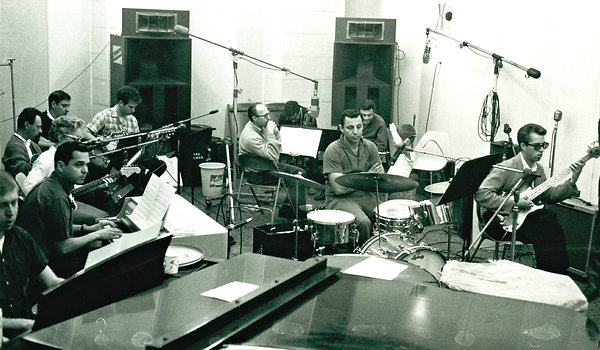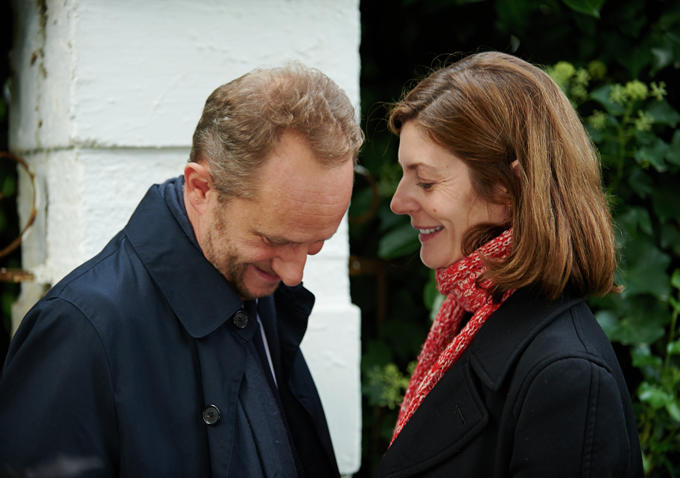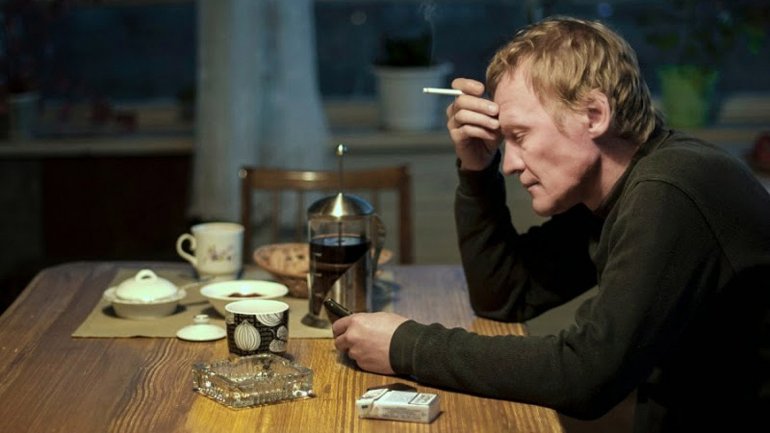
The title of the harrowing thriller ’71 refers to the tumultuous year 1971 in Northern Ireland’s Troubles. An ill-prepared unit of British soldiers gets their first taste of action in Belfast, and the rookie Private Gary Hook (Jack O’Connell) gets inadvertently left behind in hostile territory. Private Hook races around an unfamiliar and dangerous city at night. He is being hunted by his own regular troops, a shadowy and sketchy military intelligence unit, the regular IRA, the hotheaded Provisional IRA and Ulster paramilitaries – all with their own conflicting agendas. Any civilian who helps him will be at direct and lethal risk from the partisans.
In their feature debuts, director Jann Demange and cinematographer Tat Ratcliffe take us on a Wild Ride, with just a couple of chances for the audience to catch its collective breath. Importantly, the way Private Hook gets left behind amid the escalating chaos is very believable. Then there’s an exhilarating footrace through the alleys and over brick walls. Every encounter with another person is fraught with tension. Finally, there’s a long and thrilling climactic set piece in a Belfast apartment block.
O’Connell is in 90% of the shots and carries it off very well. All of the acting in ’71 is excellent. Corey McKinley is special as the toughest and most confident ten-year-old you’ll ever meet. Barry Keoghan takes the impassive stone face to a new level. And I always enjoy David Wilmot (so hilarious in The Guard).
I thank the casting and the direction for making it easy for us to tell all of these pale, ginger characters apart. To the credit of writer Gregory Burke, the beginning of the film economically sets up Private Hook as having the fitness and stamina to survive what befalls him throughout the night.
With all the different sides playing each other, the action (and the action is compelling) is set in an especially treacherous version of three-dimensional chess. Some of the double- and triple-crossing at the end is breathtaking. But what ’71 does best is putting the thrill in a thriller – keeping the audience on the edge of our seats for all 99 minutes.









